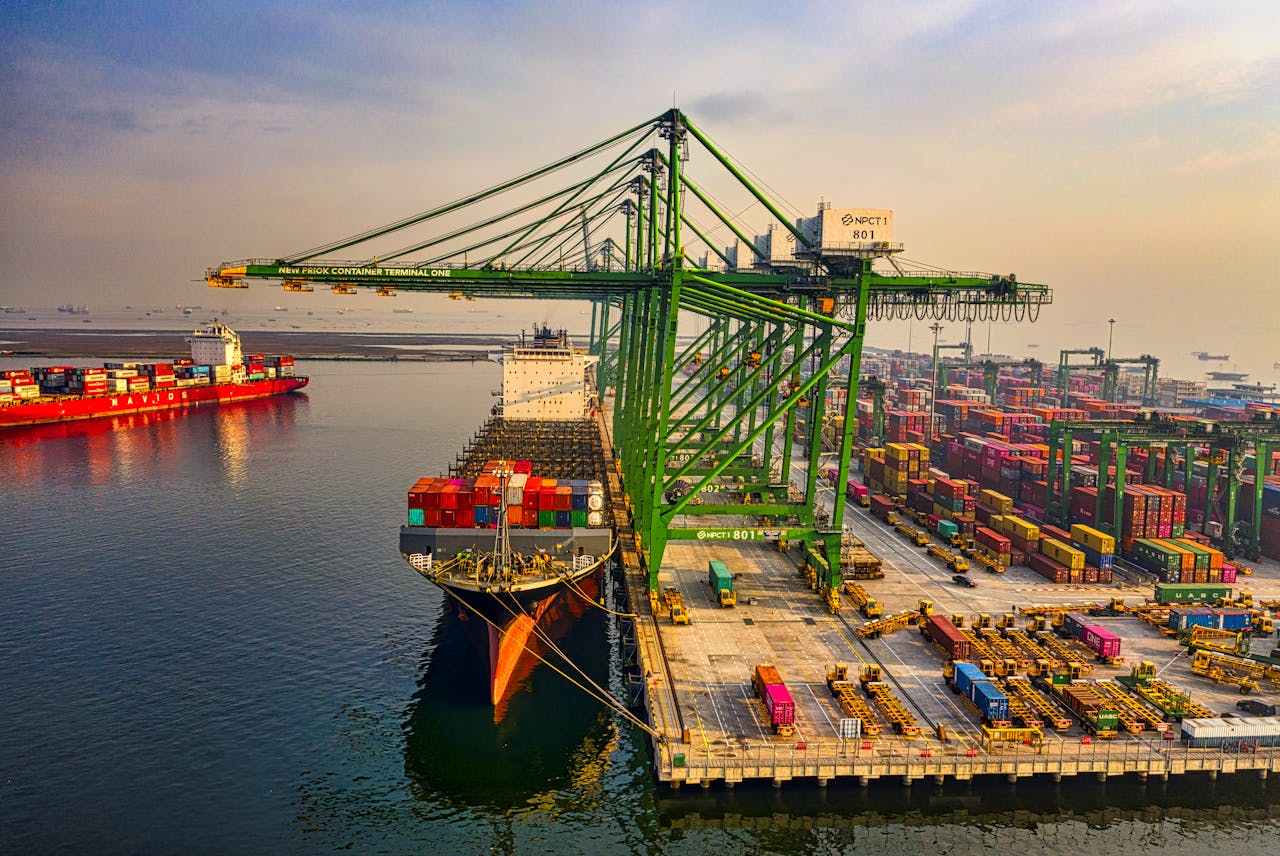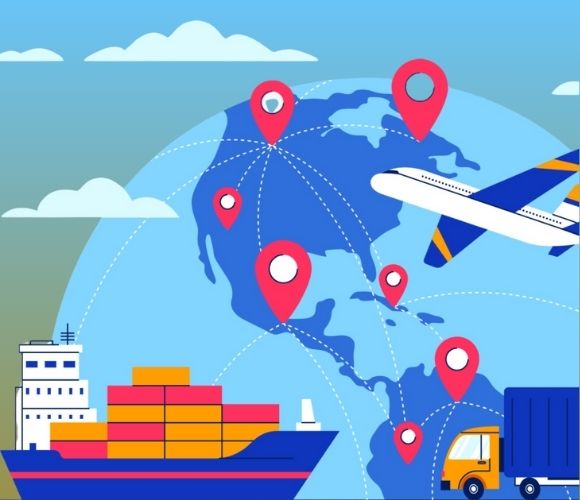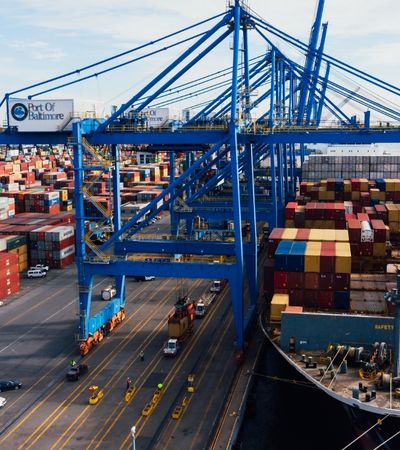How to Start an Import Export Business in Dubai: A Complete Guide
Introduction
Dubai is one of the world’s leading hubs for global trade, thanks to its strategic location, state-of-the-art infrastructure, and business-friendly environment. Whether you’re a seasoned entrepreneur or a first-time business owner, starting an import export business in Dubai offers numerous opportunities. In this guide, we’ll walk you through everything you need to know to start your import/export business in Dubai, from understanding the market to registering your business and navigating Dubai’s legal requirements.
Why Start an Import Export Business in Dubai?
Dubai’s economic environment is incredibly supportive for businesses involved in international trade. Some of the key reasons why Dubai is an attractive location for import/export businesses include:
- Strategic Location: Dubai is at the crossroads of Asia, Europe, and Africa, making it an ideal point for international trade routes.
- Free Zones: Dubai offers several free zones that provide 100% foreign ownership, tax exemptions, and streamlined business registration processes.
- World-Class Infrastructure: With its world-class ports, airports, and logistics facilities, Dubai ensures that goods can be imported and exported efficiently.
Step 1: Choose Your Niche and Market
Before diving into the details of starting your import/export business, it’s crucial to choose the right niche. Research the demand for products in Dubai and determine what goods are in high demand both locally and internationally. Some popular products traded in Dubai include:
- Electronics and Gadgets
- Textiles and Apparel
- Food and Beverages
- Machinery and Equipment
- Construction Materials
Tip: Look for niche markets where competition is lower, but demand is strong.
Step 2: Legal Requirements and Business Licensing
To operate an import/export business in Dubai, you must obtain the appropriate business license. The process can vary depending on whether you choose to set up in a free zone or the mainland. Here’s an overview:
- Free Zones: These zones, such as Jebel Ali Free Zone (JAFZA), offer streamlined business registration and tax exemptions. You can register your company under the import/export category and benefit from reduced customs duties.
- Mainland: Setting up a business on the mainland requires a local sponsor, but offers access to the local market.
You’ll also need to apply for a Trade License from the Department of Economic Development (DED) and obtain a Customs Code from Dubai Customs. These registrations will allow you to legally import and export goods.
Step 3: Set Up Your Supply Chain and Logistics
Logistics are the backbone of the import/export business. Dubai is home to some of the largest ports and airports, making it easy to import and export goods. The next step is to establish a reliable supply chain, which includes:
- Shipping Partners: Partner with reputable shipping companies for sea, air, or land transport.
- Warehousing: Depending on your business model, you may need warehouse space for storing goods. Many free zones offer warehousing options.
- Customs and Documentation: Ensure that you understand all customs procedures for importing and exporting goods. You will need to handle documentation such as invoices, bills of lading, and certificates of origin.
Step 4: Understand the Costs and Pricing
An import/export business involves various costs, such as:
- Shipping and Freight Costs: Depending on the method of shipping (air, sea, land), your freight costs will vary.
- Customs Duties: Dubai imposes import duties on some goods. However, many products are exempt or have low-duty rates.
- Warehousing and Distribution: The cost of warehousing and logistics will depend on your volume of goods.
To ensure profitability, you need to consider these costs when setting your product pricing and negotiating deals with suppliers and customers.
Step 5: Marketing and Sales Strategy
In a competitive market like Dubai, it’s essential to have a solid marketing and sales strategy. Focus on building a brand presence both locally and internationally. Here are a few tips:
- Build an Online Presence: Establish a website and social media channels for your import/export business to reach a wider audience.
- Networking: Participate in trade fairs and business events in Dubai to connect with suppliers and buyers.
- SEO and Digital Marketing: Use SEO strategies to ensure that your website ranks high in search engines. Optimize for keywords such as “import export business Dubai,” “Dubai trade license,” and “how to start a business in Dubai.”
Step 6: Register with Dubai Customs and Start Trading
Once your business is fully set up, the final step is to register with Dubai Customs to obtain your Customs Code. This will allow you to begin importing and exporting goods legally. After registration, you can start making transactions with overseas suppliers and buyers.
Conclusion
Starting an import/export business in Dubai is a rewarding venture, thanks to the city’s strategic location, business-friendly regulations, and world-class infrastructure. By following the steps outlined in this guide, you can set up a successful business in one of the world’s most dynamic trading hubs. Don’t forget to leverage digital marketing, SEO, and networking to drive traffic and grow your business.
If you’re ready to take your import/export business to the next level, now is the perfect time to start exploring the opportunities Dubai has to offer.



